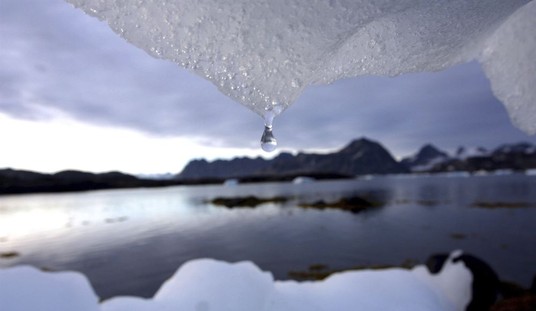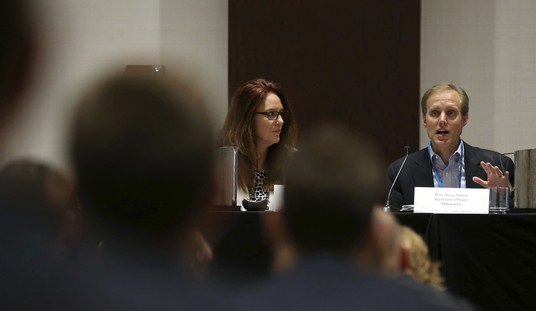A nuclear-armed state with a large, restive population of apocalyptic radicals is in chaos. It’s the kind of scenario that makes for a great computer game, but it’s not so great when it springs up in real life.
The latest from Pakistan is that army troops have clashed with lawyers protesting Pervez Musharraf’s move toward martial law Saturday.
Security forces were reported to have rounded up about 500 opposition party figures, lawyers and human rights advocates Sunday, and about a dozen privately television news stations remained off the air. International broadcasters, including the BBC and CNN, were also cut.
The crackdown, announced late Saturday night after General Musharraf suspended the Constitution, was clearly aimed at preventing public demonstrations that political parties and lawyers were organizing for Monday.
Pajamas Media has a round-up on the situation; good news is in short supply. Stanley Kurtz has a thorough look at all of the possible outcomes, if Musharraf hangs on to power, if he falls, who might replace him, what his various opposition forces might do either in reaction to him or to each other. Read all the way to the last line.
The problem as I see it boils down to the problem that plagues the Islamic world as a whole. In Musharraf and the Pakistani army we have a mostly secular, mostly Westernized force for stability if not open democracy. But the army is riven with Islamists who are helping the radicals who stand to one side of the country’s polity. Those radicals constitute a real threat both to the Musharraf regime and to any notions of liberal democracy in the country. In Pakistan the radicals may be outnumbered by the liberals and moderates, but they have determination and the willingness to kill anyone who stands in their way, on their side. To Musharraf’s left are the democrats, the moderates and liberals who are demanding a restoration of Pakistan’s democracy and the rule of its constitution. An alliance between Musharraf and the moderates and liberals needs to happen to stave off the real threat from the Islamists, but for all kinds of reasons it may not: The moderates and liberals no longer trust Musharraf (with some good reasons), and Musharraf probably sees that giving in to the liberals now stands a good chance of either handing power to the Islamists in the medium future or of sparking civil war in the near future. And there’s the possibility that malevolent forces like the Iranian regime will exploit the situation either to weaken the Pakistani democrats or even to try to put its own allies into power. The fact that the Pakistani army is nearly broken by its ongoing conflict with the armed tribes and Islamists in Waziristan doesn’t help matters.
So what’s next? Right now it’s tough to see a positive outcome, though one is certainly possible. I only see things stabilizing if the Musharraf regime and the democrats can temporarily put their differences aside and unite to fight the Islamists, but even that is fraught with danger given the Islamist influence on both the army and the ISI.








Join the conversation as a VIP Member